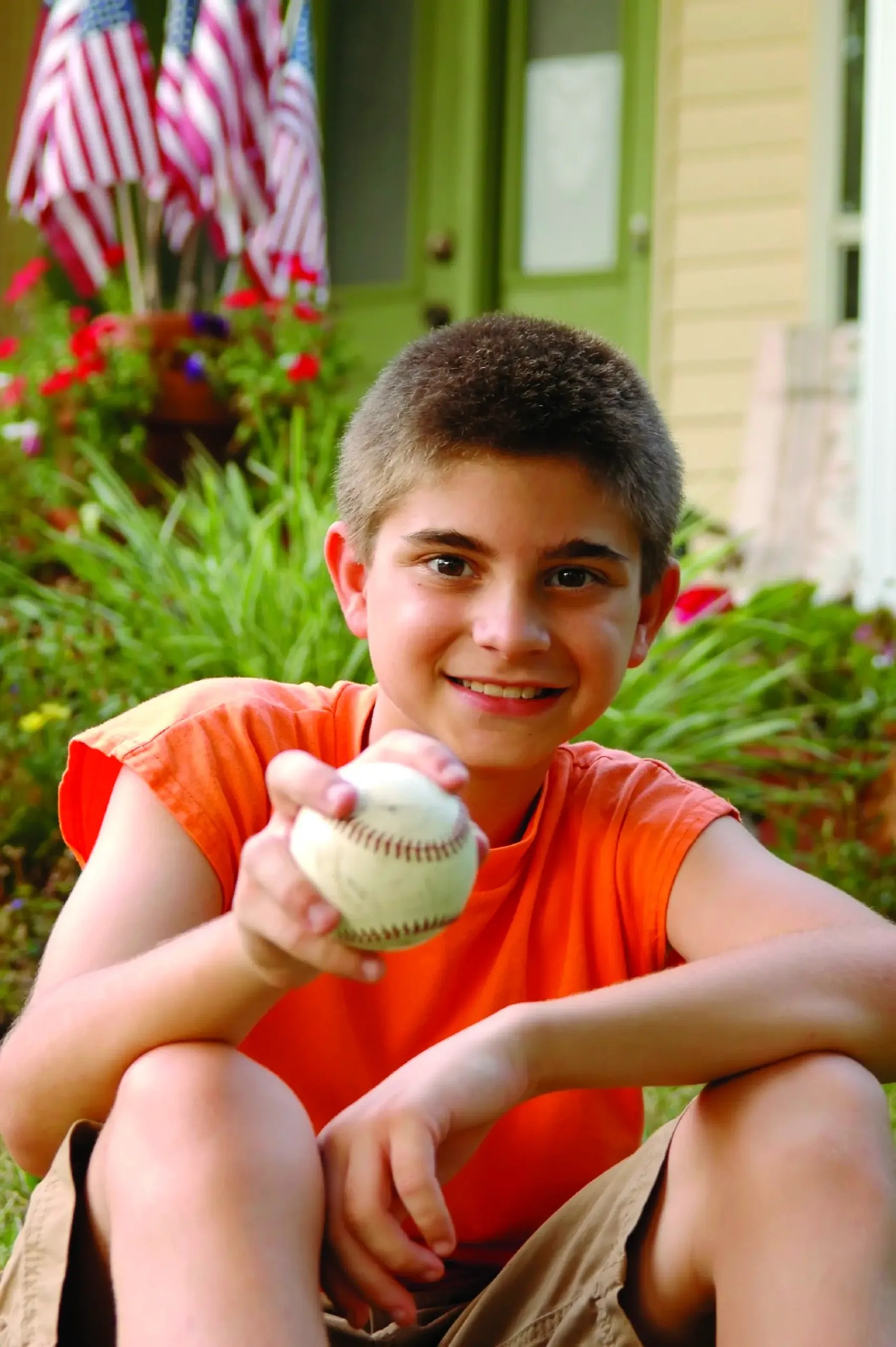Should children with ADHD go off stimulant medication in the summer? Experts present the pros and cons.
 Parents of children who take stimulant medication for ADHD often wonder whether their kids should take a “drug holiday” during the summer months.
Parents of children who take stimulant medication for ADHD often wonder whether their kids should take a “drug holiday” during the summer months.
A drug holiday, or what clinicians call a structured treatment interruption, is a deliberate, temporary suspension of medication. Since children with ADHD don’t need to perform academically during the summer or on extended holidays, parents wary of side effects often seize the opportunity to take kids off their regular regimen of Ritalin or Adderall. Other parents dread the interruption, fearing that their children’s behavioral problems will rebound, making them too difficult to handle. Sometimes a doctor will prescribe a drug holiday in order to evaluate a child’s progress and determine if medication treatment is still indicated.
Child and adolescent psychiatrist Alan Ravitz, M.D., cautions against drug holidays unless there is a compelling reason for them, as the data show that children with ADHD who stick with their treatment program year-round reap better results than those who experience interruptions. That’s because it’s a misnomer to think that ADHD affects only their performance in school.
“Kids who are being treated for ADHD do better in more than just the classroom,” Dr. Ravitz says. “Medication has to do with managing behavior in a variety of different circumstances.” Children’s social behavior and emotions are still developing in the summer months; they still have to get along with family and friends and function effectively in group activities like sports and day camp. One mother tells the story of her son’s baseball coach pleading with her to put him back on meds because it made a critical difference in his performance. When she saw that playing the game well boosted her son’s happiness and self-esteem, she gave him back his Ritalin.
What about side effects? Some children look forward to a drug holiday because the medications can sometimes make them a bit socially withdrawn, irritable, drowsy, or jittery. “Sometimes kids don’t like the way meds make them feel,” Dr. Ravitz says. “If that happens, and when they go off the meds they feel better, then I don’t take a strong position about staying on meds.”
Another concern is that there is evidence that taking stimulant medications can affect a child’s physical development—an effect parents hope to mitigate with a summer drug holiday. Several studies in the last 10 years show that children on medication for as little as three years lag as much as an inch in height and six pounds in weight behind their peers. Another study last year, though, showed that in children followed for 10 years, into adulthood, there were no differences in height or weight between those who had taken stimulant medications and those who hadn’t. Researchers found that the “delay tends to be most prominent in the first year or so, and tends to attenuate over time.”
For some kids, what’s most noticeable, and most concerning, is weight loss due to the fact that the medications suppress appetite. If kids are eating far too little and it becomes an issue, Dr. Ravitz suggests it may be appropriate to go off the medication.
Overall, parents should consider how a drug holiday would affect their child’s well-being. Generally, hyperactive or combined types of ADHD present the strongest case for continued medication, because the behavioral problems that result from going off medication can turn a holiday into a negative and unproductive experience. Inattentive types of ADHD, on the other hand, present fewer behavioral problems. “Even though there’s scientific data suggesting those kids do better taking meds 365 days a year, if there are no behavioral problems, I don’t make a big case for taking meds all the time,” Dr. Ravitz says.
Because ADHD affects social development as well as academic performance, the conservative approach is to avoid disrupting the prescribed treatment plan. However, there are no hard and fast rules on this issue; ultimately, decisions should arise from a conversation between the family and health practitioner. “I would never take a position of fighting with parents, because I would rather maintain the treatment alliance,” Dr. Ravitz says. “As physicians, we just do our best, because we understand some families feel very strongly about this.”
The Child Mind Institute is an NYC-based nonprofit organization dedicated to transforming mental health care for children everywhere. Visit childmind.org for a wealth of information related to your child with special needs, including strategies for dealing with a diagnosis and behavior, symptoms and signs, practical tools, videos, and more.



















